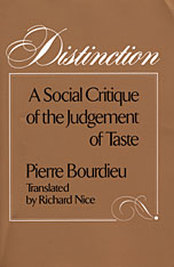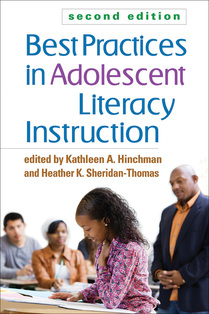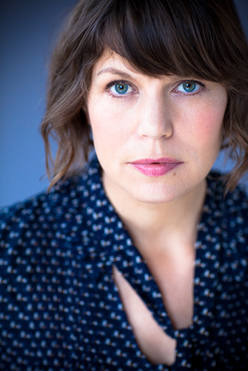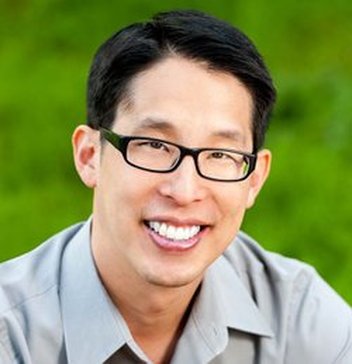
"The aims are to encourage students to read more, thereby improving all of their communication skills; to enhance their interest in reading, thereby building pleasurable and positive associations with reading as an activity; to indicate to students that 'literature' is not merely an academic course but can and should be an integral part of their lives; [and] to introduce students to authors and works of sufficient caliber to lead students to a recognition of and respect for writing of high quality" (YSU English Festival, 2016).
This rationale is important and reminds me of the expression of connoisseurship identified by Bourdieu (1984), or the deep sense of understanding and capacity for appreciation that comes from everyday exposure to beautiful things (--like good books).

So, in planning an Insight Session for this year’s Festival (i.e., a one-hour, informal activity, generated for an audience of 30-35 students, related to one or more of the Festival books) with the relationship between academic skill and enjoyment in mind, I produced an activity that situated students as curriculum designers. The idea behind the session was to give kids the opportunity to (re)imagine ways of teaching reading and writing through the creation of “dream units” arranged around favorite works of young adult literature.
The tools offered to the kids were intentionally spare because I wanted them to freely invent strategies for developing learning activities and projects based on the Festival books. So, I compiled a brief list of organizational structures drawn from a fine methods text (Hinchman & Sheridan-Thomas, 2014), and defined a few basic models that could help students shape their ideas (e.g., interdisciplinary units, multimedia units, thematically arranged units, project-based units, research-based units, and activism-based units).
Likewise, the instructions provided to session participants were lean in the hope that kids would feel free to create content in a way meaningful and logical to them. For example, they were told that unit plans might contain elements such as a rationale for text selection, discussion questions, learning activities, a description of a writing prompt or project, and a list of related resources (e.g., films, websites, artwork, etc.). Students were then invited to use or disregard these suggestions, and they embarked on 40 minutes of planning with the understanding that they would share the product of their conversations in the final 15 minutes of the session.
Not surprisingly, the majority of the groups selected one of the books written by the immensely popular keynote speaker for 2016, Matt De la Peña. Students noted that De la Peña’s stories were driven by exciting plotlines that did not sacrifice deeper meaning, and they especially appreciated the complexity of the author’s protagonists and the intensity of the situations presented.
The unit plans proposed by students were predominately interdisciplinary designs arranged around a relationship between ELA and Social Science, with a focus on psychological aspects of individuals, social issues concerning mental health, and sociological dimensions of friendship networks and surrogate families. For example, one cluster of students responded with particular sophistication, reflective of contemporary theory, in designing a unit around the impact of trauma on young people. Another group focused on the “mental prisons” afflicting De la Peña’s characters metaphoric of thoughts and beliefs that constrain individuals in everyday life. Yet another cluster of students explored confessional forms of writing as a vehicle for therapeutic release.
All students were invested in attempting to establish connections between themes in the literature and pragmatic applications through research and civic involvement. In other words, students seemed to think of story as a framing mechanism for understanding social issues and addressing public needs. In their concluding statements on the value of their plans, students appeared to avoid what might be considered more “literary” ways of talking about texts and instead argued the benefits of reading that could be generalized to problem-solution formats of research, writing, and direct action.
References
Bourdieu, P. (1984). Distinction: A social critique of the judgment of taste (R. Nice, Trans.). Cambridge, MA: Harvard University Press.
Hinchman, K.A., & Sheridan-Thomas, H.K. (Eds.). (2014). Best practices in adolescent literacy instruction (2nd ed.). New York, NY: Guilford Press.
The YSU English Festival. (2016). Retrieved from http://www.ysuenglishfestival.org
Stacy Graber is an Assistant Professor of English at Youngstown State University. Her areas of interest include critical theory, pedagogy, popular culture, and young adult literature.
Please address questions/comments to [email protected]
Attending the YSU English Festival was one of the great experiences of my professional life. The faculty was great, the teachers were fantastic, and the students were wonderful. If you live in the area you should plan on attending next April. The exact dates will be April, 26, 27, 28, 2017. While the final list of books will be announced soon we do know the Guest Lecturers. The Thomas and Carol Gay Guest Lecturer is E. Lockhart and the James A. Houck Guest Lecturer is Gene Luen Yang.
Paula Greathouse asked me to post this blurb about a new edited book on YA Literature. This is a great opportunity.
Attention all teachers, media specialists, reading specialists, and teacher educators! Do you use young adult literature in your classroom/course or know someone who does? We have already secured a publisher and are now seeking chapters for our upcoming book on the infusion of young adult literature in the content area classroom! Please read the call for abstracts! Contact Paula Greathouse at [email protected] with any questions. Thanks!!
Please see a pdf about the call for chapters below.
chapter_call_-_adolescent_lit_as_a_complement_to_the_content_areas.pdf
Download File




 RSS Feed
RSS Feed